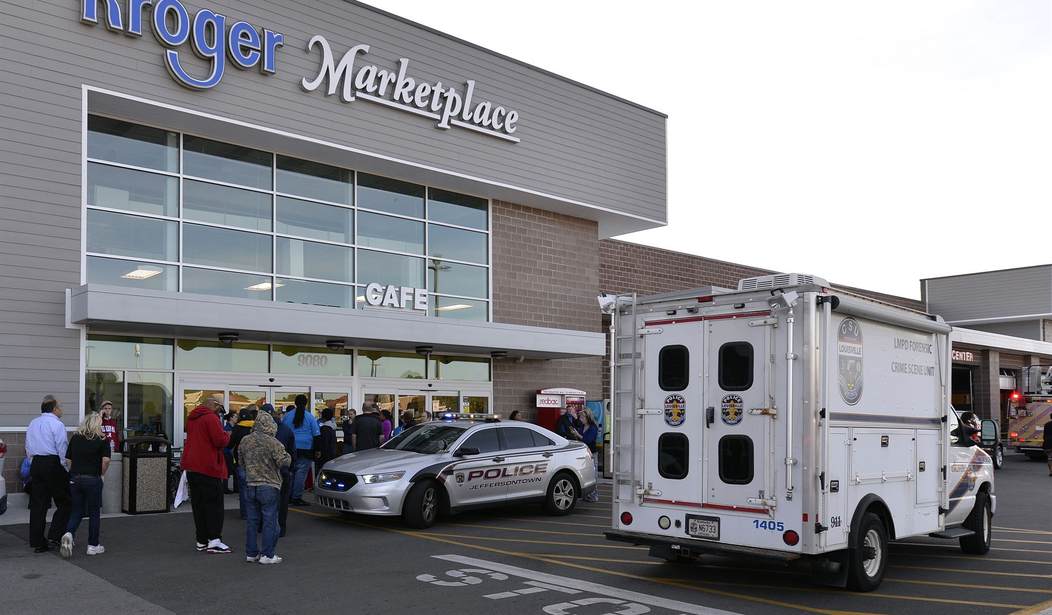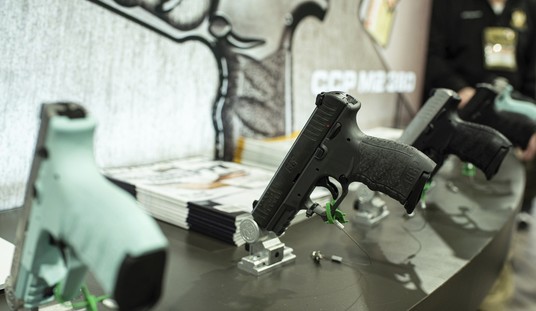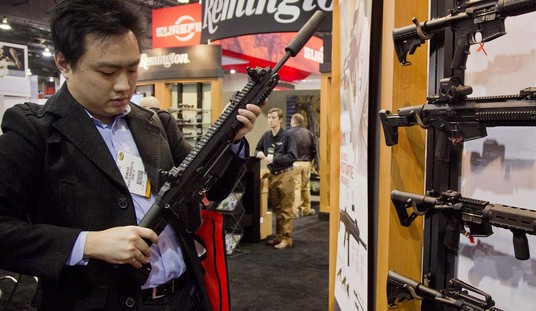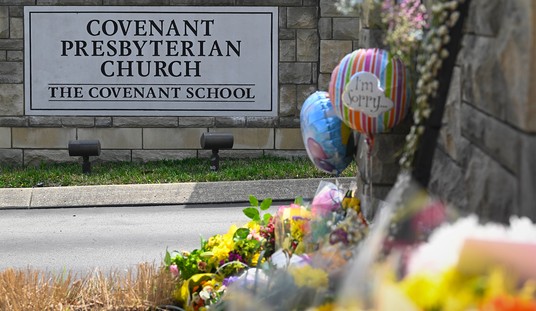Kellie Watson’s father and son were at a grocery store in Louisville, Kentucky last October shopping for school supplies last October when the unthinkable happened: a man armed with a gun shot and killed her father and one other person in what prosecutors believe was a racially-motivated attack. Watson’s father, 69-year old Maurice Stallard, and 67-year old Vickie Lee Jones were allegedly murdered by 51-year old Gregory Bush, who was recently found competent to stand trial. While the criminal case is proceeding, Watson and her mother Charlotte Stallard are now suing the grocery chain and demanding that the company change its policy allowing concealed carry inside its stores.
Watson and her mother, Charlotte Stallard, filed a civil lawsuit against Kroger last week asking the chain to ban guns in its stores. “Who would have known that Kroger would allow people to just walk in, carry their guns on their waistband and just pull them out?” she said.
Currently, Kroger does not have a policy prohibiting customers from bringing firearms into their stores. The company released a statement on its website stating that their longstanding policy on the issue is to follow state and local gun laws and to ask customers to be respectful of others while shopping.
“You don’t need a gun to buy groceries,” said Ron Johnson, the Stallard family’s attorney. “…You can’t carry a gun into your school, you can’t carry a gun into the courthouse… And what we’re simply saying is grocery stores need to do the same thing.”
The murders of Stallard and Jones are absolutely tragic, and I’m glad to see that the criminal trial of their accused killer is on track now that he’s been found competent to assist in his defense. Do we really believe, however, that this suspect, apparently intent on killing people because of the color of their skin, would have been stopped by a sign that said “No Guns Allowed”?
The lawsuit details more than two dozen gun-related incidents resulting in eight deaths inside and outside of Kroger stores nationwide.
“The duty of a store in Kentucky is to provide a safe place to shop. That is the law,” Johnson said. “So retailers like Target and Starbucks have said, ‘Having guns in our stores is not consistent with having a safe place to shop,’ so they don’t allow guns.”
Ron Johnson is actually incorrect when it comes to Target and Starbucks’s policies. Both companies “request” that customers not carry firearms in their stores, even when state law allows it, but neither Target nor Starbucks have posted signs banning firearms from the premises.
The truth is, crime can happen anywhere; at a grocery store, a coffee shop, in a parking lot or on the street. That’s a big reason why there are now more than 17-million concealed carry licensees across the United States. In fact, in the Kroger attack in Louisville, the alleged killer was engaged by an armed citizen in the store’s parking lot, forcing the suspect to flee in his car (he was apprehended by police a short time later). It’s likely that the presence of that armed citizen saved lives, just as it’s highly unlikely that declaring Kroger a “gun free zone” would have stopped the alleged killer.
The family’s attorney notes that a civil trial can’t compel Kroger to change its policies, but it will be worth watching to see if the same activists that are protesting Walmart’s sales of firearms and ammunition will also mount any sort of public campaign to pressure the grocery chain to ban firearms. Five years ago Moms Demand Action tried to get Kroger to ban open carry, so it’s entirely possible they’ll once again call on the company to ban guns completely.









Join the conversation as a VIP Member